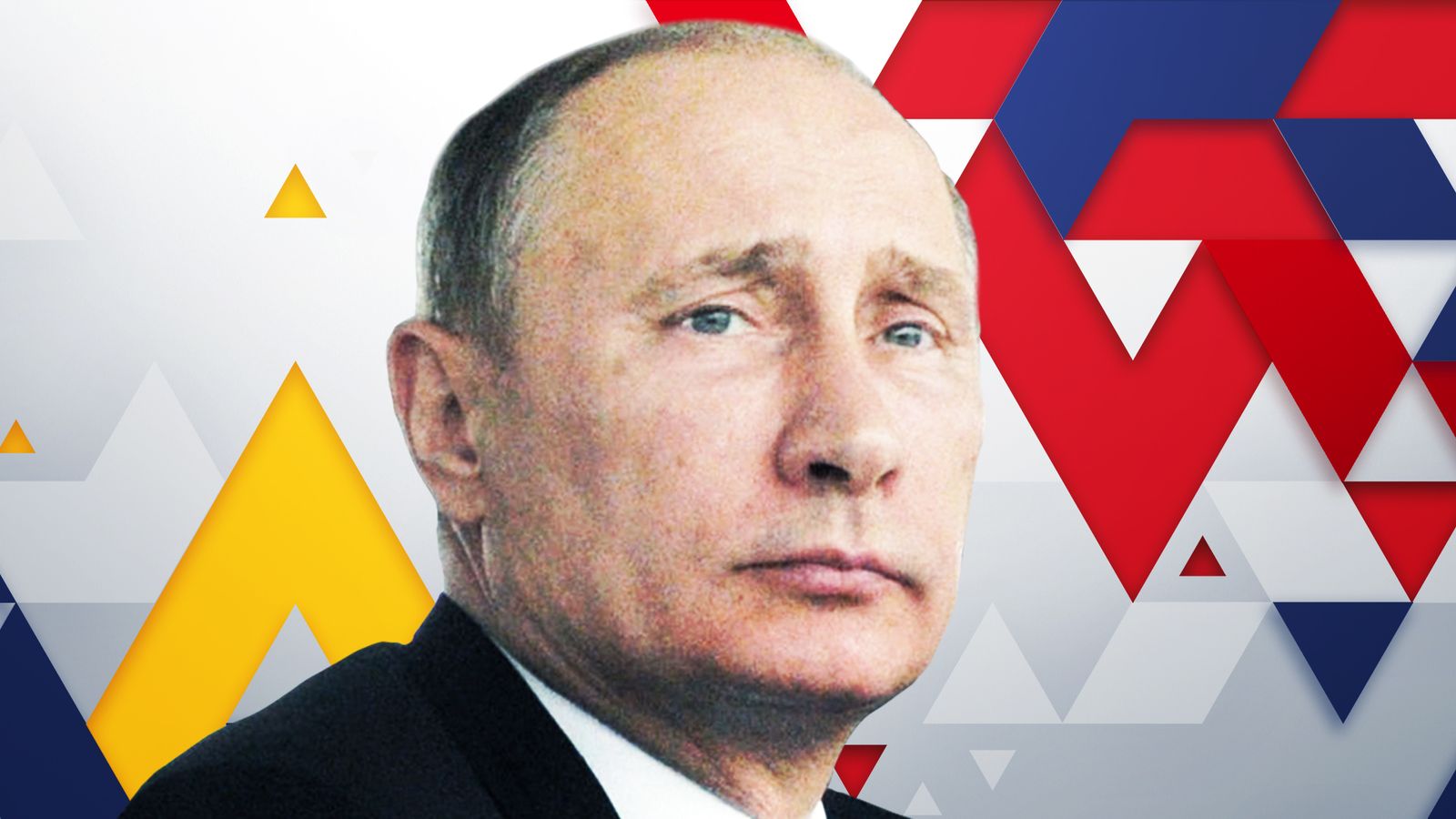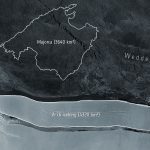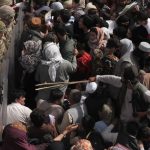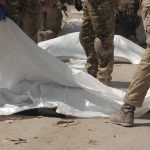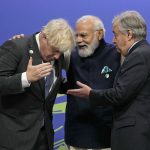Firstly, this beggars belief whilst being all too depressingly predictable.
Vladimir Putin has invaded a sovereign nation, his infinitely smaller next-door neighbour to the West that poses no threat to Russia, in the name of protecting Russia and the Russian people.
He says he wants to protect those who have been subjected to “bullying and genocide by the Kyiv regime”. He says he intends to demilitarise and “de-nazify” Ukraine, but not occupy it.
This is the language of a man whose view both on the past and on present reality is utterly warped. There is no genocide being perpetrated in eastern Ukraine, to whose occupants he has handed out passports so he can now call them his people. It is not a country awash with the far right; there are neo-Nazi elements but so there are in many other European countries, including Russia. This is not Nazi Germany – it is a free, sovereign, independent state with a progressive, democratically minded people.
Read more:
What will happen now Putin has chosen all-out war?
At least 40 killed in early hours of invasion, Ukraine says – follow latest updates
And yet Putin’s mind consistently harks back to the Second World War. In his 28-minute speech announcing a “special military action” against Ukraine, he said that attempts to appease the aggressor in 1941 were a mistake, which Russia would not repeat. He said that the Soviet Union “kept trying not to provoke the potential aggressor until the very last moment” and that Russia had “no right” to do the same again.
Please use Chrome browser for a more accessible video player
Make no mistake, Russia is the aggressor here. Ukraine poses no threat to Russia. And whatever picture Putin’s propagandists try to paint, they will have a hard task convincing the entire Russian public that this appalling attack on their neighbour is remotely justified, particularly if he pushes beyond the borders of Donetsk and Luhansk regions which seems to be where the bulk of the fighting is concentrated now.
What is Putin thinking?
Why now? A multitude of factors. Let’s look at the emotional factor first, because via two speeches and a televised security council meeting where he behaved like a Soviet politburo head, we have recently had deeply unpleasant glimpses into that million dollar, over-posed question: What is Vladimir Putin thinking?
He has had COVID isolation to stew on decades of perceived resentments over supposed NATO aggression and the lack of what he considers due respect that Russia receives on the world stage. He is 69 and has burrowed into the history books to develop for himself a deeply twisted view of Ukraine and Russia’s past which he first revealed in his essay on Russian and Ukrainian historical unity last summer. And, as evidenced by his public humiliation of Russia’s foreign intelligence chief at Monday’s security council meeting, he appears to be forming and taking his decisions increasingly alone.
Please use Chrome browser for a more accessible video player
The gift of a strategic advantage
Then there are the strategic questions. Belarus essentially fell into his lap, after the Belarusian leader sought assistance from Russia to restore order after huge street protests in August 2020. Putin suddenly had a military staging post from which to launch an attack, just to the north of Ukraine’s largest cities, Kyiv and Kharkiv.
Then there were domestic Ukrainian issues that seem to have riled. Viktor Medvedchuk is a Ukrainian politician and businessman and a great pal of Putin. He is reportedly godfather to Putin’s daughter and was the president’s main eyes, ears and influence in Ukraine until he was charged with treason and placed under house arrest. Ukraine’s President Volodymyr Zelenskyy targeted his pro-Russian TV stations and ramped up his efforts more broadly to counter Kremlin influence domestically. He also began a renewed push for NATO membership. Those were red rags to the Russian leader.
A weakened Ukrainian leader
He was also aware that Ukraine’s young democracy was not the most politically or economically stable, and that President Zelenskyy’s popularity was on the wane, especially given the fact that he had not been able to resolve the war issue as he’d promised on the campaign trail. Putin could paint the country as a basket case and as an example of the flaws of liberal democracy.
Of course, we can never know all that goes through one man’s mind and a former KGB man does not give away his secrets.
But Vladimir Putin has chosen his moment in history and it is now. He must hope it will upend Western hegemony. He must believe it will serve his historical legacy. He may be proven wrong, but he might not be. That’s what he’s gambling on.
